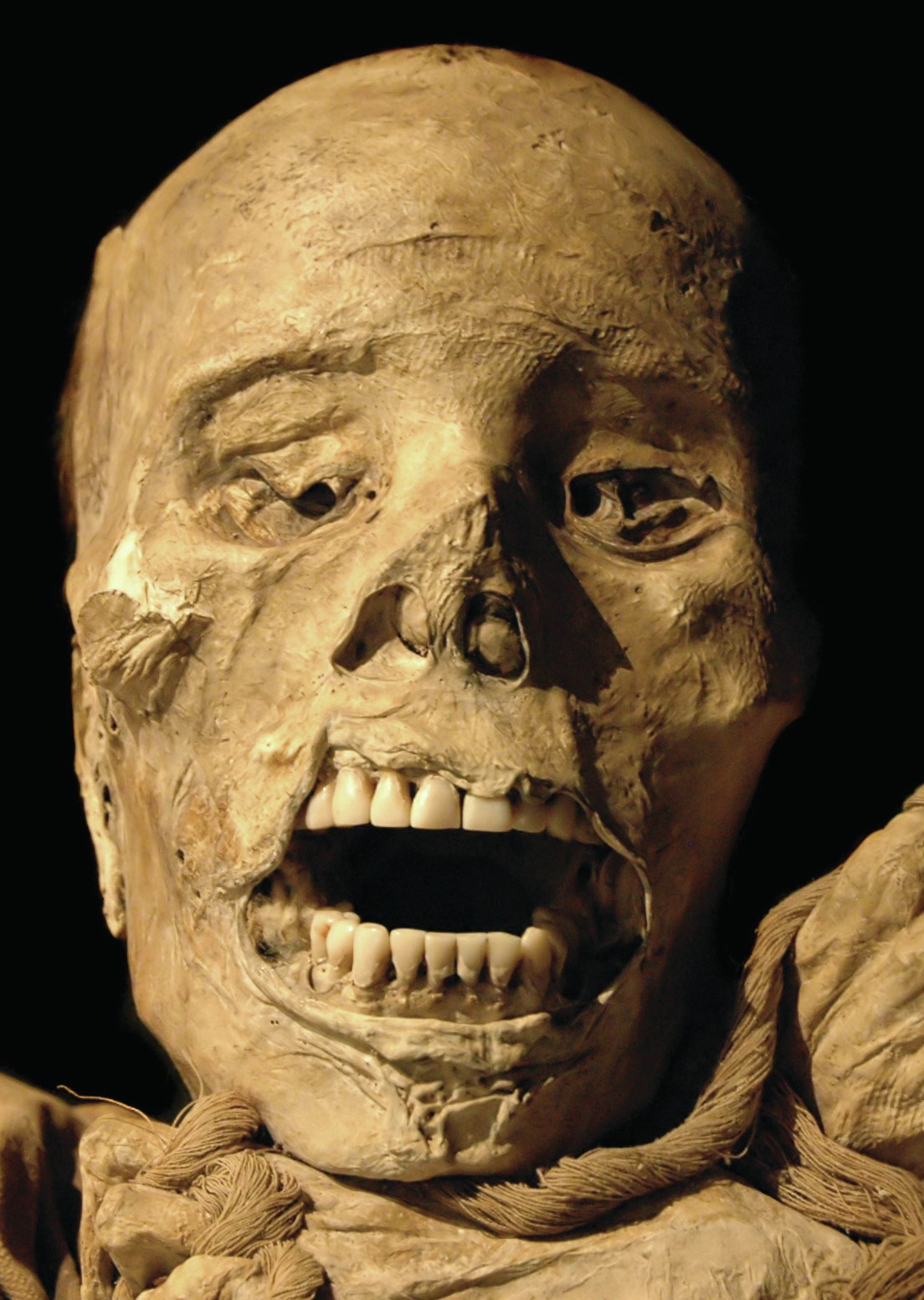
In 1937, Frenchman Angelo Hays crashed his motorbike into a wall and suffered severe head injuries. He was declared dead by local doctors and buried three days later. However, because the exact cause of death had not been established, two days after his burial the insurance company asked for the body to be dug up so that the cause of death could be clarified. When the doctors examined the body they found that it was still warm. Hays had been deeply unconscious but still alive and went on to make a full recovery. He had been buried alive.
There are many horrific tales from the past of people being buried alive, mainly because it was often difficult to ascertain for certain if a person was actually dead and, especially during epidemics like the bubonic plague, people were buried hastily without too much examination. In the eighteenth century doctors would hit apparently dead bodies, shout in the ears or stick pins in the feet to check if they were really dead or not.
Your organisation does not have access to this article.
Sign up today to give your students the edge they need to achieve their best grades with subject expertise
Subscribe
